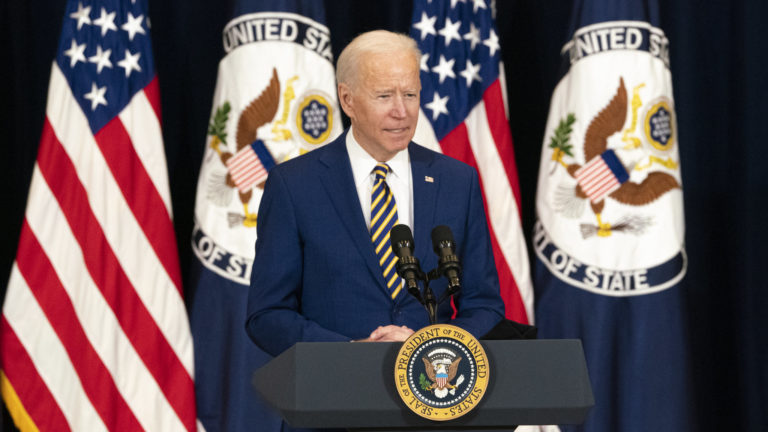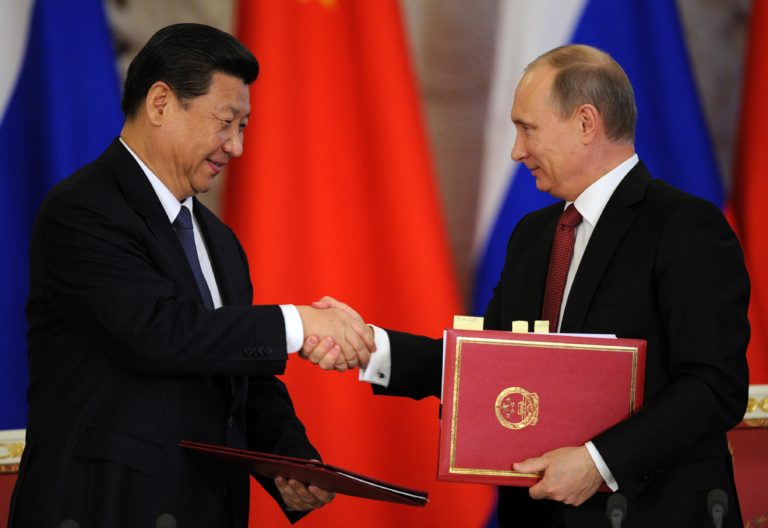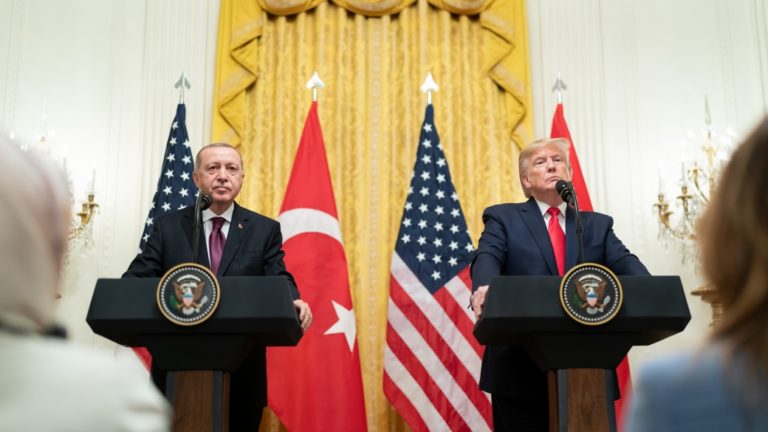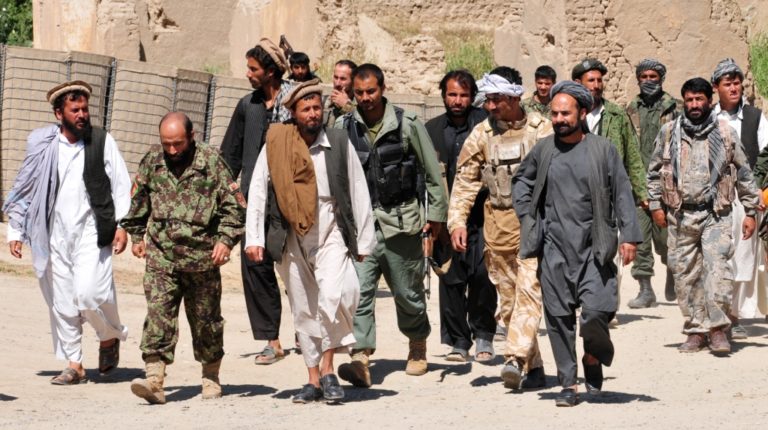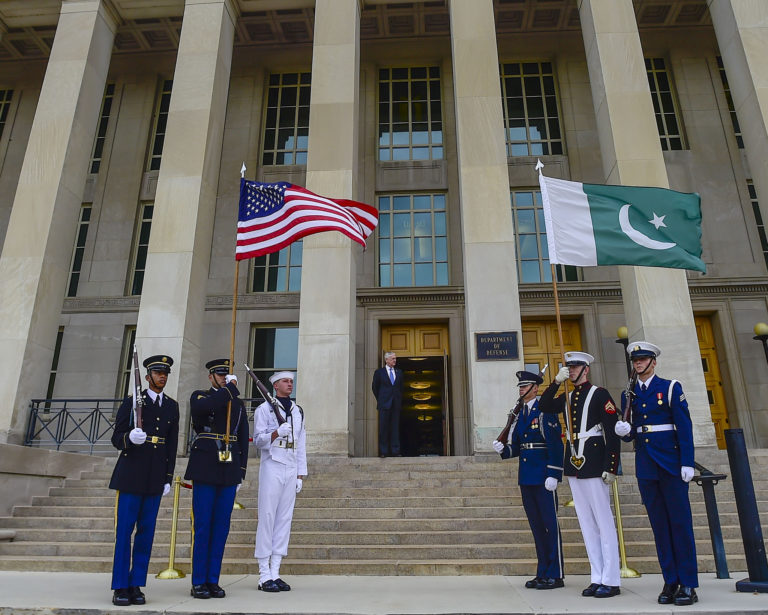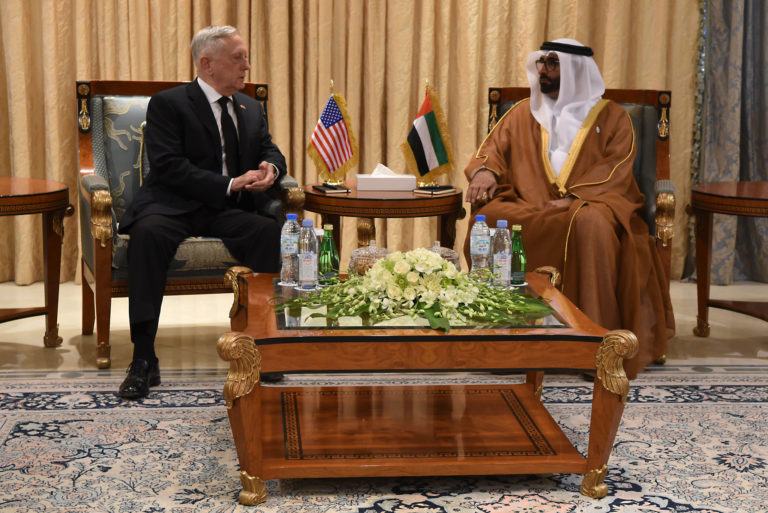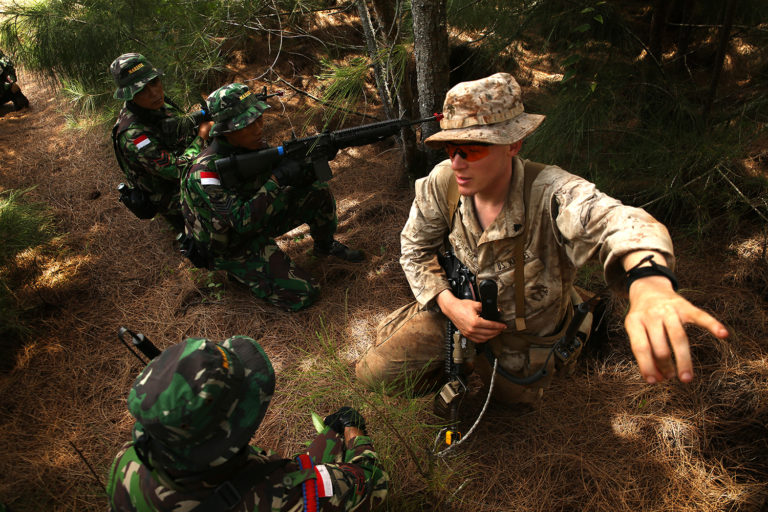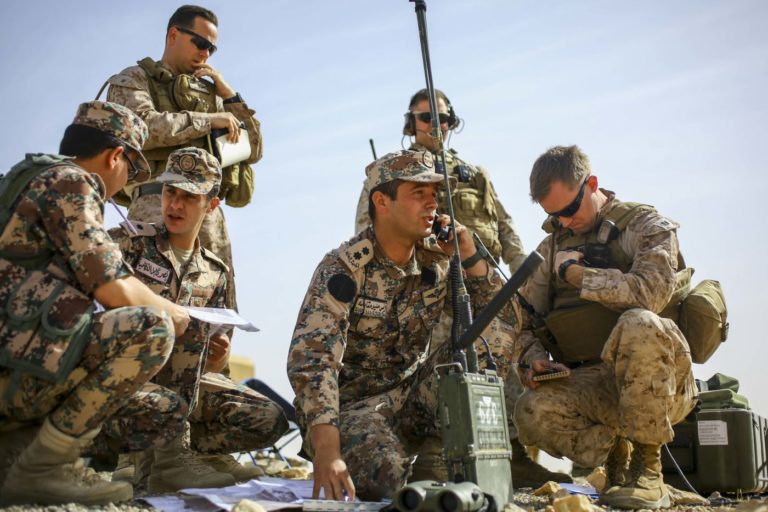Arms Trade Reform Options for the New Administration and Congress
President Biden’s suspension of arms transfers in support of the Saudi-led intervention in Yemen is a major break from the Trump administration. However, there is still likely to be significant continuity over the next four years in U.S. security cooperation policy.

